10 Must-Read Books of 2023
Web Exclusives
With 2023 coming to a close, we’re looking back at the year in publishing. In no particular order, these are the ten books SwR loved most.
Ten Planets by Yuri Herrera (trans. Lisa Dillman)
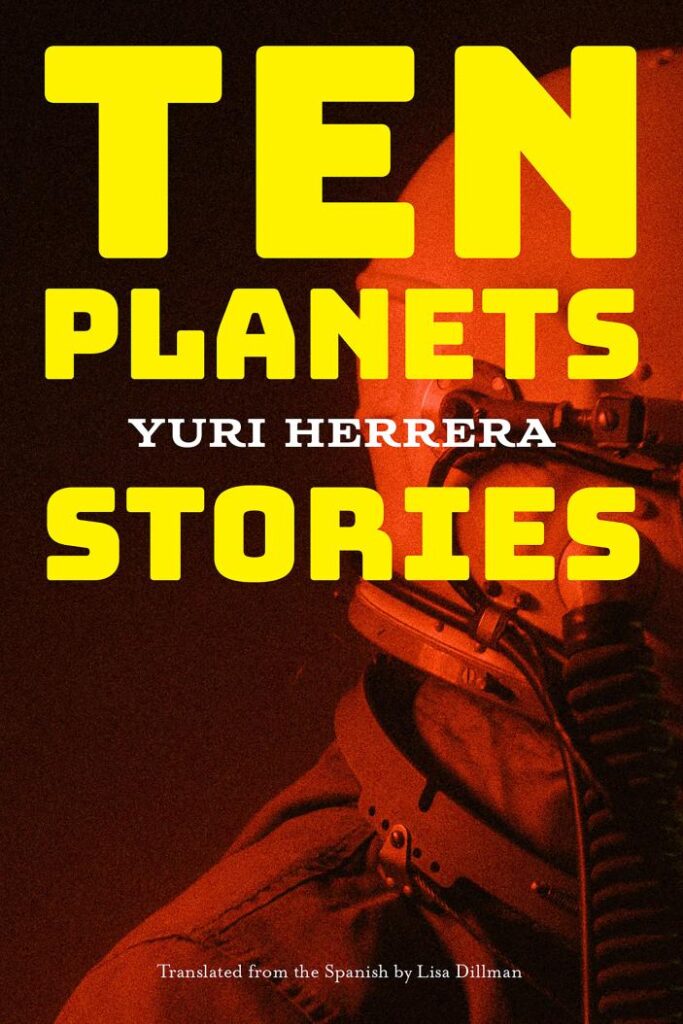
“Throughout the twenty stories that make up this slim volume, Herrera invokes aliens and monsters throughout space and time, in galaxies near and far. Like Marco Polo, the author brings back his findings to us, asking that we listen with ears wide open and accept the prospect of worlds beyond our reckoning. Herrera writes to this climax, then beyond: to the chill of familiarity that passes over us when we realize that the one telling these tales has never left the Earth.”
—Elizabeth Gonzales James, author of Mona at Sea and The Bullet Swallower (Winter 2024)
Dead Mediums by Dan Leach
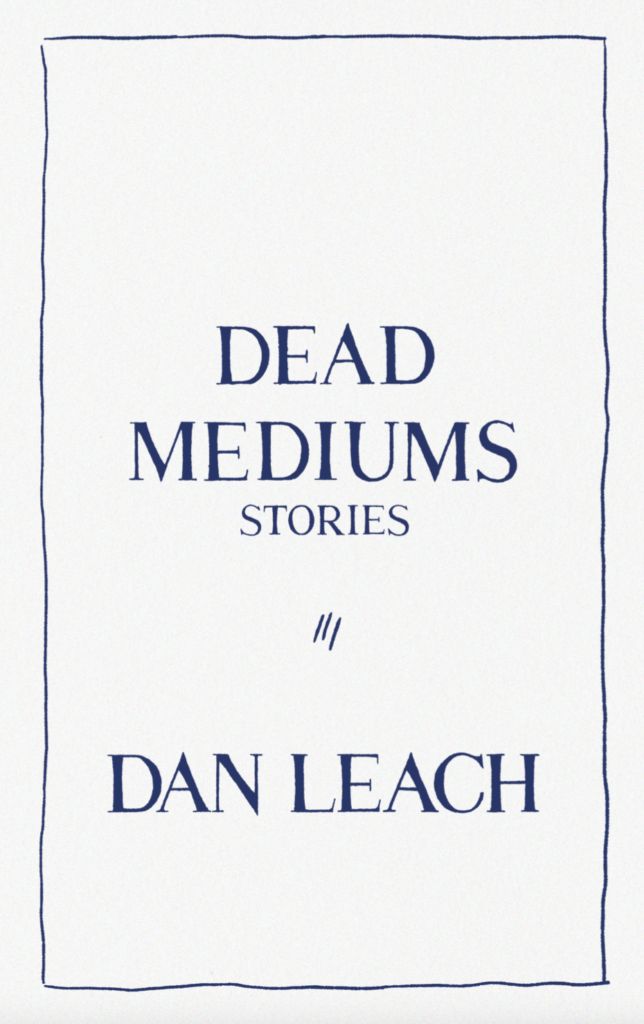
“The collection unfolds like an expertly sequenced album, and it feels expertly pared down to what’s essential. Even though I’ve returned to Dead Mediums several times I’m surprised each time by how quickly and seamlessly Leach works his magic. And there is magic here, literally as well as figuratively. His commitment to entwining realism with the unreal in ways that just work, all without drawing attention to themselves or the reader out of the narrative, is to be envied.”
—Justin Peter Kinkel-Schuster, SwR contributor and singer-songwriter for the band Water Liars
Of Cattle and Men by Ana Paula Maia (trans. Zoë Perry)
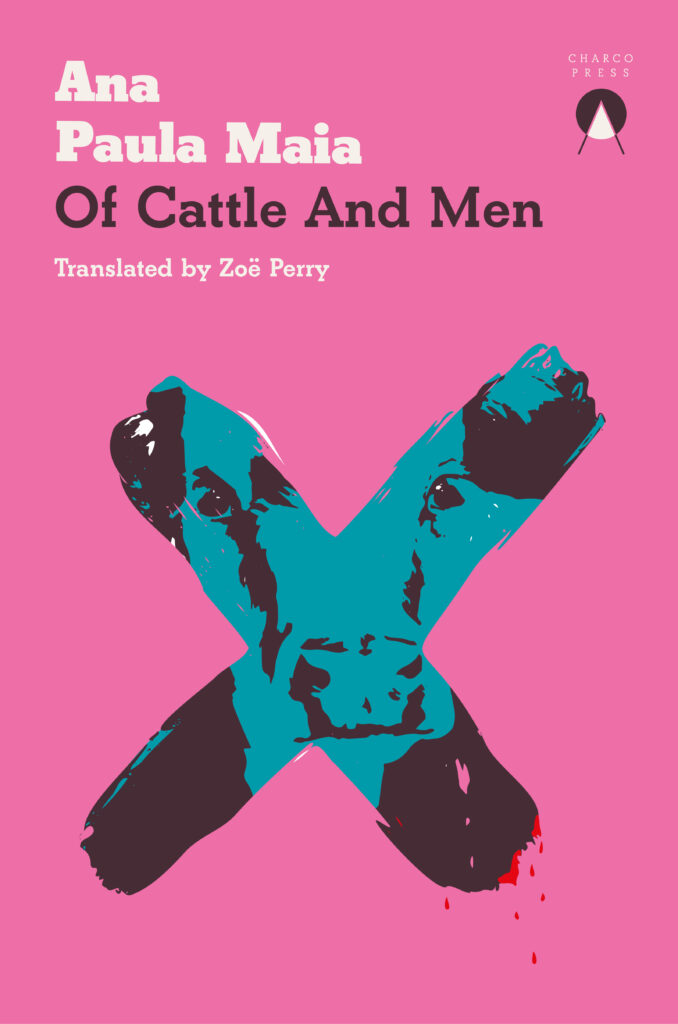
“In a literary world where the domestic and personal are the engines of most fiction, I am ever-hungry for and entranced by novels that engage me—even a little bit—within a broader, more heroic moral landscape. Novels that go beyond the domestic and familiar; novels that venture into the mythic, the larger-than-human; novels that blast the micro into the macro, that dwell in the in-your-face realms that rattle my personal cage. Of Cattle and Men is one of those rare novels—a truly crafty and far-adventuring book.”
—Robin McLean, author of Pity the Beast and Get ’em Young, Treat ’em Tough, Tell ’em Nothing
Good Women by Halle Hill
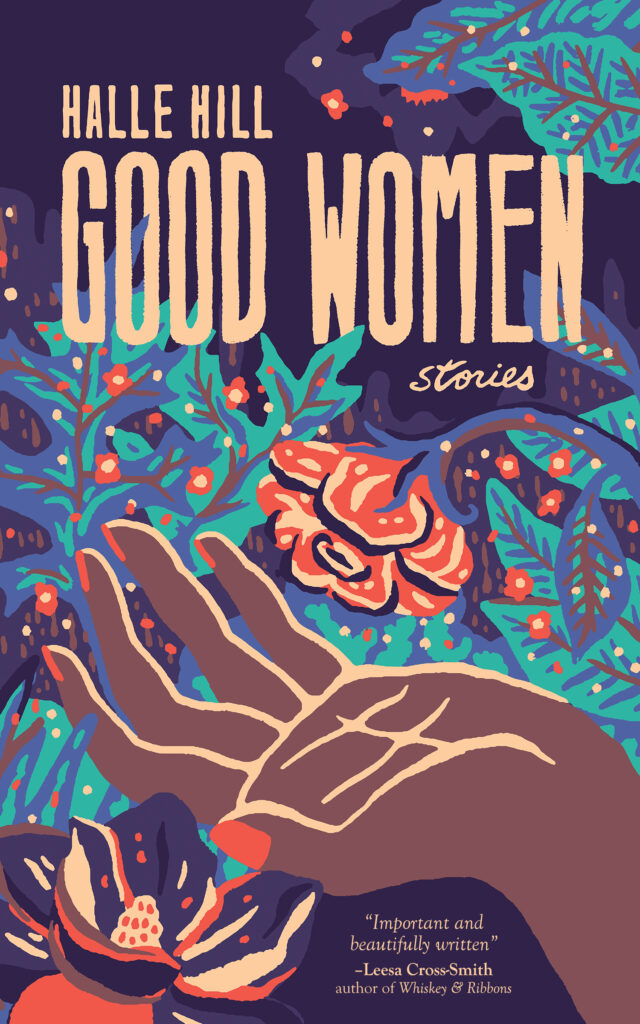
“Good Women most times feels like a bare-boned installation of Black femme wanderings, wholeness, what it means to witness one’s surroundings while making self-informed decisions on where to go from there, and how all of it aligns with perception, vulnerability, and dreaming. Hill is a writer who takes her characters seriously, instilling them with humor, hope, and a humanness that is both full of clarity and confusion. She has a way of making the reader care to think more critically about the themes presented throughout in ways that feel more like a hug than a lesson.”
—Kendra Allen, author of Fruit Punch, The Collection Plate, and When You Learn the Alphabet
Burn You the Fuck Alive by B.R. Yeager
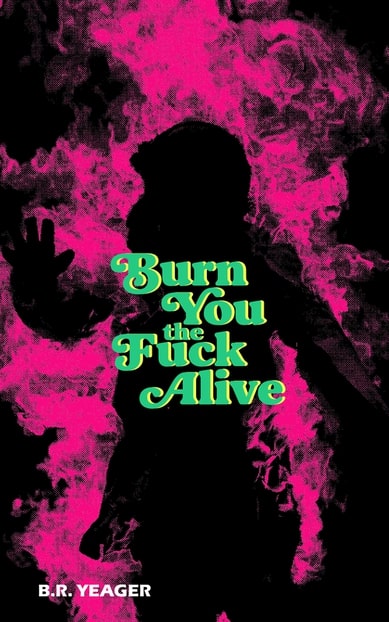
“Burn You the Fuck Alive is a moving and truthful book, despite its violence, because of its violence, because America is a land of violence. If you’re ripe for an unsafe text to stir you from your stupor or complacency, I recommend spending time letting the visuals sink into your subconscious and, if possible, reading the physical edition to savor the threat to its full extent.”
—Joe Koch, author of The Wingspan of Severed Hands, Convulsive, The Couvade, and Invaginies (Summer 2024)
Nefando by Mónica Ojeda (trans. Sarah Booker)
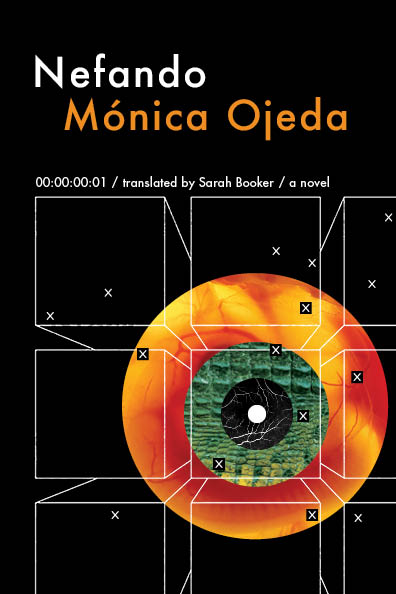
“Nefando, in Spanish, is an adjective. It means infamous, abominable, perverse, horrendous, something that can’t be spoken of without repugnance or disgust. Any adjective we could use to describe this novel, even the most brutal, would be crushed like a tiny crumb between the thumb and index finger of Mónica Ojeda’s writing. Maybe that’s why the author christened the book with that powerful descriptor. So that you, the reader, won’t have to come up with a term to name it. Because, after reading, she knows you won’t be able to pull any more words from your parched, lacerated throat that feels like it has swallowed an entire desert.”
—María Fernanda Ampuero, author of Cockfight and Human Sacrifices
I Hear You’re Rich by Diane Williams
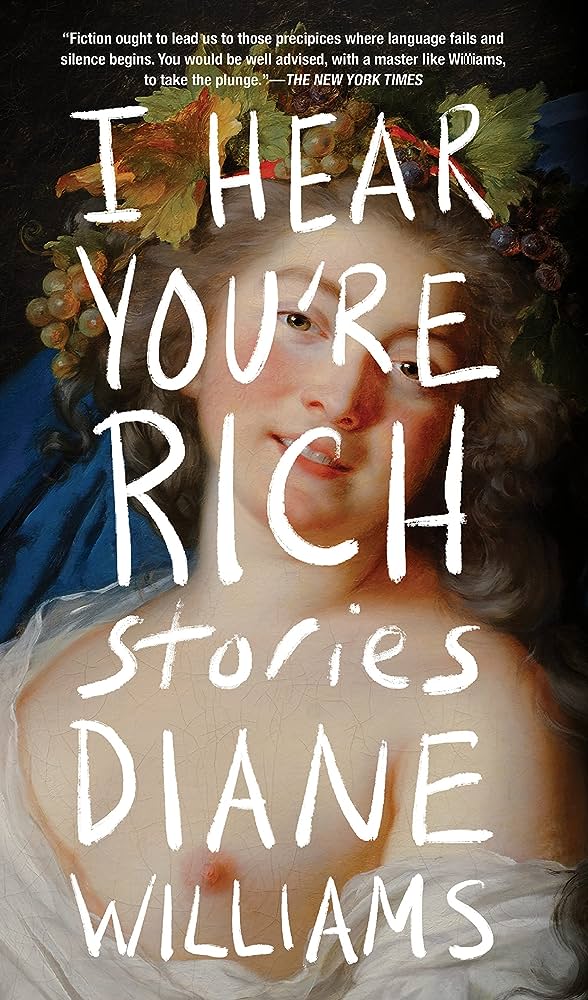
“Williams’s sentences are syntactically flexible, spasmodic, surprising, artfully anal-retentive, and always drawing attention to themselves. In I Hear You’re Rich (as well as in her previous books), her prose is often gleefully libidinal, as if she feels that she’s getting away with breaking a rule. Many characters are, scientifically speaking, horny. And there is some ado about dicks.”
—Gavin Thomson, SwR contributor
Bariloche by Andrés Neuman (trans. Robin Myers)
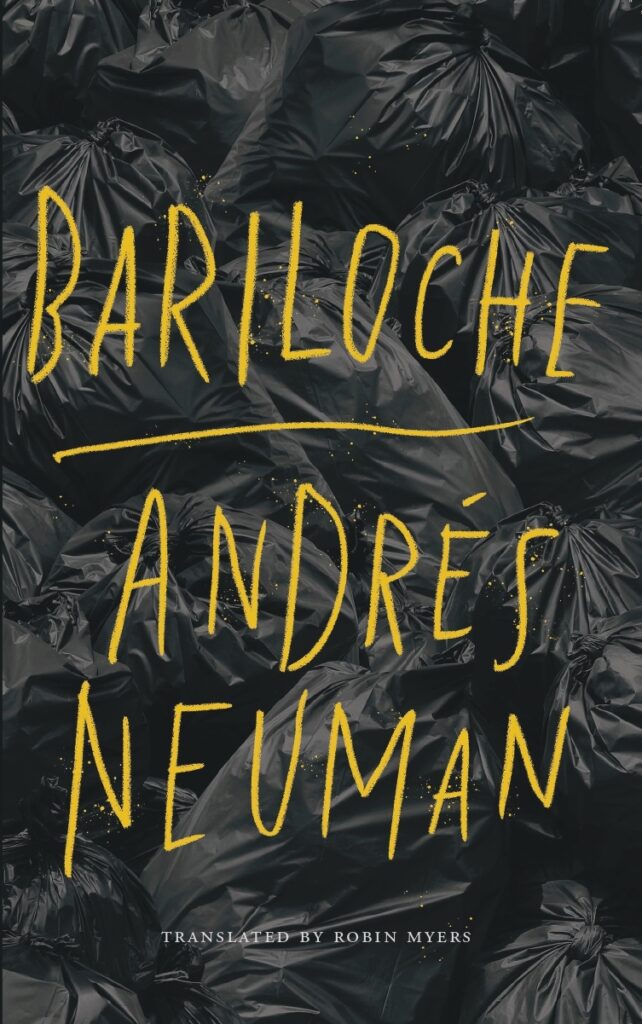
“Neuman’s lyrical exegesis of life in late twentieth century Buenos Aires is awash in tumultuous, errant feeling: guilt, mainly, combined with nostalgic escapism. Facile critical approaches oft simplify Bariloche into a portrayal of neoliberal atomization and post-national identification. But, more compellingly and originally, Bariloche acutely witnesses guilt’s place in a capitalist society, showing it as the product of unmoored subjects who cannot but take responsibility for a world collapsing around them and thus turn toward self-loathing and escapism. Guilt, then: capitalist apocalypse unrecognized, made personal.”
—Federico Perelmuter, SwR contributor
The Red-Headed Pilgrim by Kevin Maloney
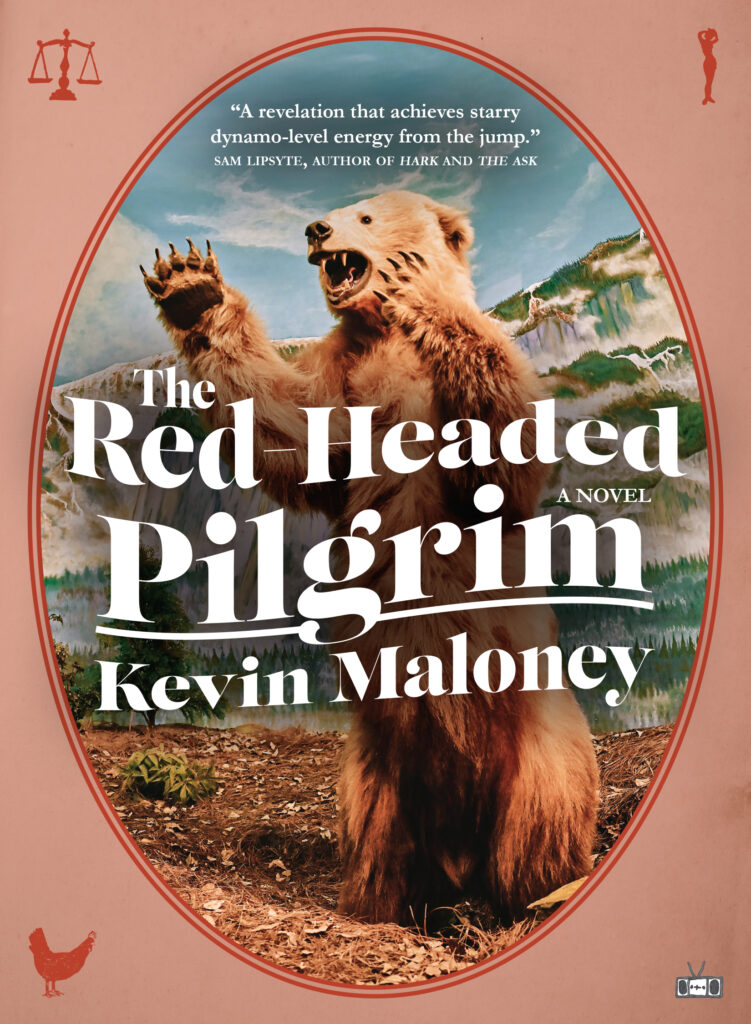
“It’s hard to write an honest book. It’s even harder to write an honest book that is charming, hilarious and doesn’t make the author sound like a crusty, tower-dwelling sage. If the character Kevin Maloney were a Tarot card, he would be The Fool, card zero, the starry-eyed hero on the first step of his beautiful, terrifying journey, the whole of life unspooling before him in an endless cosmic thread . . . One of the last remaining holy fools willing to undergo a soul’s journey and write about it, honestly and ecstatically, with no moralistic lesson save one: the lesson is the journey, and we don’t have a lot of time.”
—Mila Jaroniec, author of Plastic Vodka Bottle Sleepover
The Book of Eve by Carmen Boullosa (trans. Samantha Schnee)
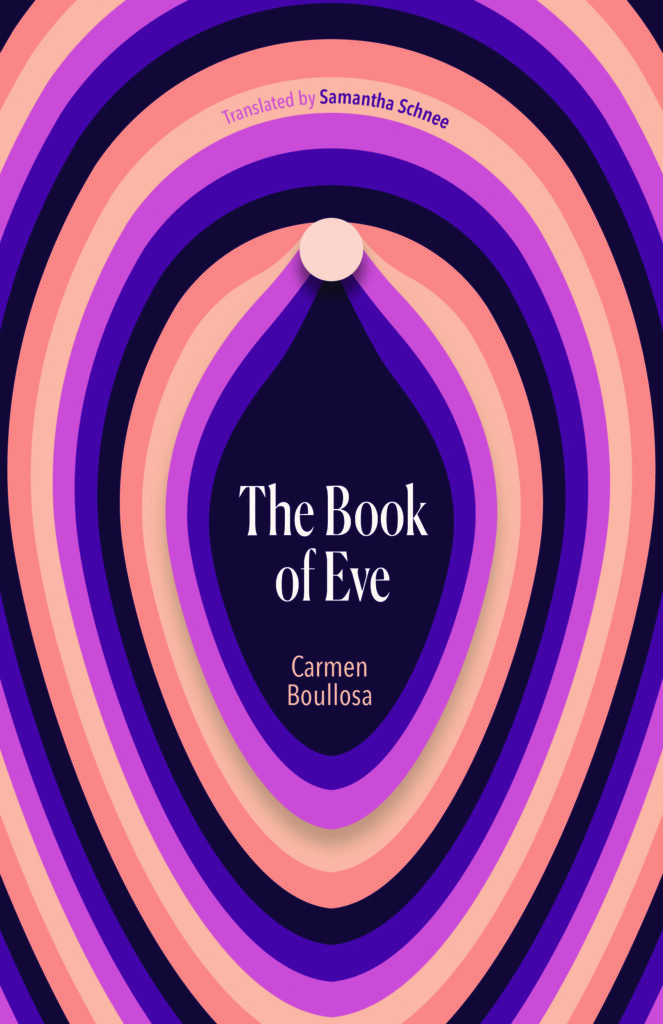
“What happened to Eve after birthing her sons? How would she tell her own story were it hers to tell? This is the space inhabited by Carmen Boullosa’s The Book of Eve, a thrillingly profane retelling of the creation myth. Boullosa is a writer whose ambition may be easy to overlook given the high-wire act-like quality of her prose and the evident delight she takes in her material. Perhaps what is most satisfying about The Book of Eve is the sense that the novel is enacting its subject: a woman enjoying herself in the act of creation.”
—Kat Solomon, SwR contributor
More Web Exclusives
